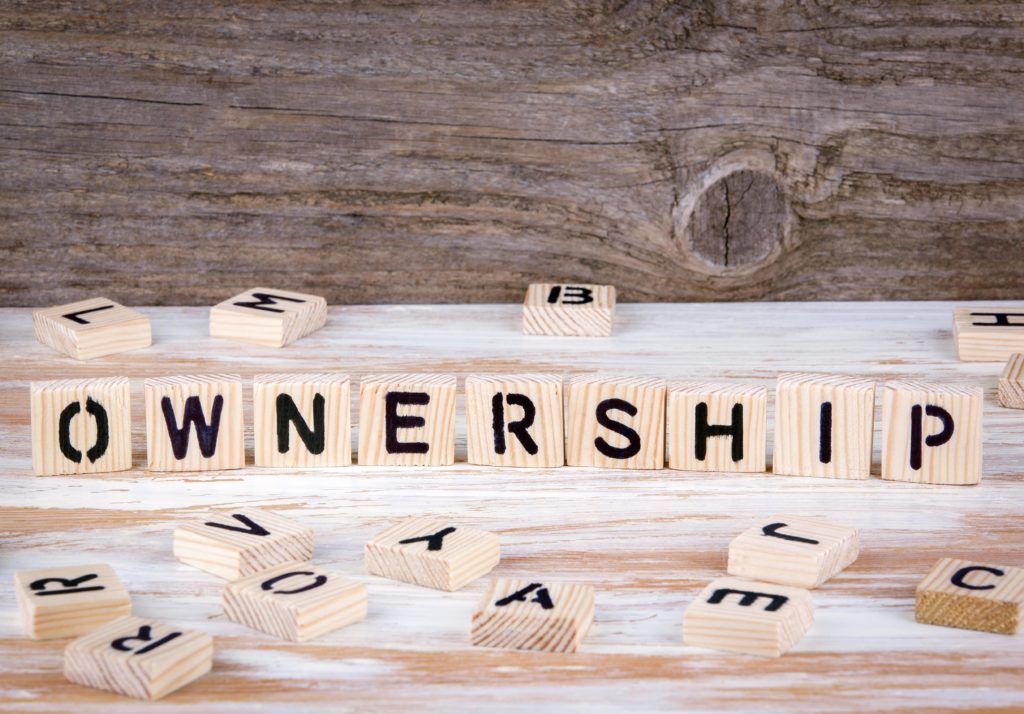
How to Protect Yourself From Mortgage Scams
 10 min read
10 min read
 10 min read
10 min read
|
So, you’ve decided to take the plunge and become a homebuyer. You’re probably imagining your first gathering with friends in your new space, or maybe you’re thrilled to start decorating. Nothing can steal your excitement!
But applying for a mortgage can potentially open the door to scammers. And if you’re not careful you could fall victim to their deceit.
Why they prey on happy homebuyers is beyond comprehension. But even if you can’t explain it, you can protect yourself.
Recognize a fraudulent lender
The same way you wouldn’t trust a stranger with your secrets, don’t trust “any” mortgage lender with your personal information—especially if they reach out with unsolicited offers via phone, email, or regular mail.
Fraudulent or dishonest mortgage companies are wolves in sheep’s clothing, so they’re always on the lookout for their next victim. To protect yourself, you must recognize their game and listen to your Spidey senses.
In all honesty, if you didn’t initiate contact with a mortgage company, there’s absolutely no reason for one to call or email out the blue, and then ask for your name, address, and Social Security number. So if this happens—run (or more literally, hang up the phone).
But this isn’t the only scam to watch out for. Fraudulent mortgage companies might say “you have to pay to get a mortgage.” Don’t fall for this either.
Check your credit on a regular basis
But mortgage scams go much deeper than a fake company trying to get your information. Some thieves are extra brazen…even greedy. So it isn’t enough to steal your identity. They might go after your home equity too.
They’ll use an old-fashioned phishing tactic (which apparently never gets old to these guys). In this case, though, the scam is a bit more sophisticated.
It starts the same, with thieves sending fake emails asking random people to update their account information. After victims unknowingly hand over their personal details, thieves create fake documents and then use this information to apply for a home equity line of credit in their name.
But it gets much worse. They’ll withdraw the money from the line of credit—and then disappear.
It’s a financial and credit nightmare that no one deserves, and the longer the debt goes undetected, the more damage it does to your personal score. So keep a close eye on your credit report. You can get free copies from AnnualCreditReport.com.
Walk away from hard selling tactics
Have you ever been fast talked by a salesperson? This can feel as if you’re being pressured to make a quick decision.
Well, unfortunately, it’s not only salespeople that behave this badly. Some mortgage lenders also use fast talking techniques to trap applicants in a bad mortgage.
They often rush the process and create an exaggerated sense of urgency to get your signature. But it’s important to listen to your gut. And if something doesn’t feel right—walk away.
Don’t sign any paperwork until you fully understand the mortgage terms, and never sign blank documents. Legit lenders will never ask you to do this.
Takeaway
Mortgage scams aren’t anything new. And unfortunately, thieves are constantly finding new ways to deceive. So speak up if anything seems strange.
Real Genius puts the interest of their client first. If you’re looking for a lender who you can trust, let our experienced loan experts work in your behalf. Contact us today.
Sources:
https://www.consumerfinance.gov/about-us/blog/mortgage-closing-scams-how-protect-yourself-and-your-closing-funds/
https://www.aba.com/advocacy/community-programs/consumer-resources/protect-your-money/avoid-predatory-lending-scams
https://www.investopedia.com/articles/mortgages-real-estate/09/heloc-fraud.asp
















